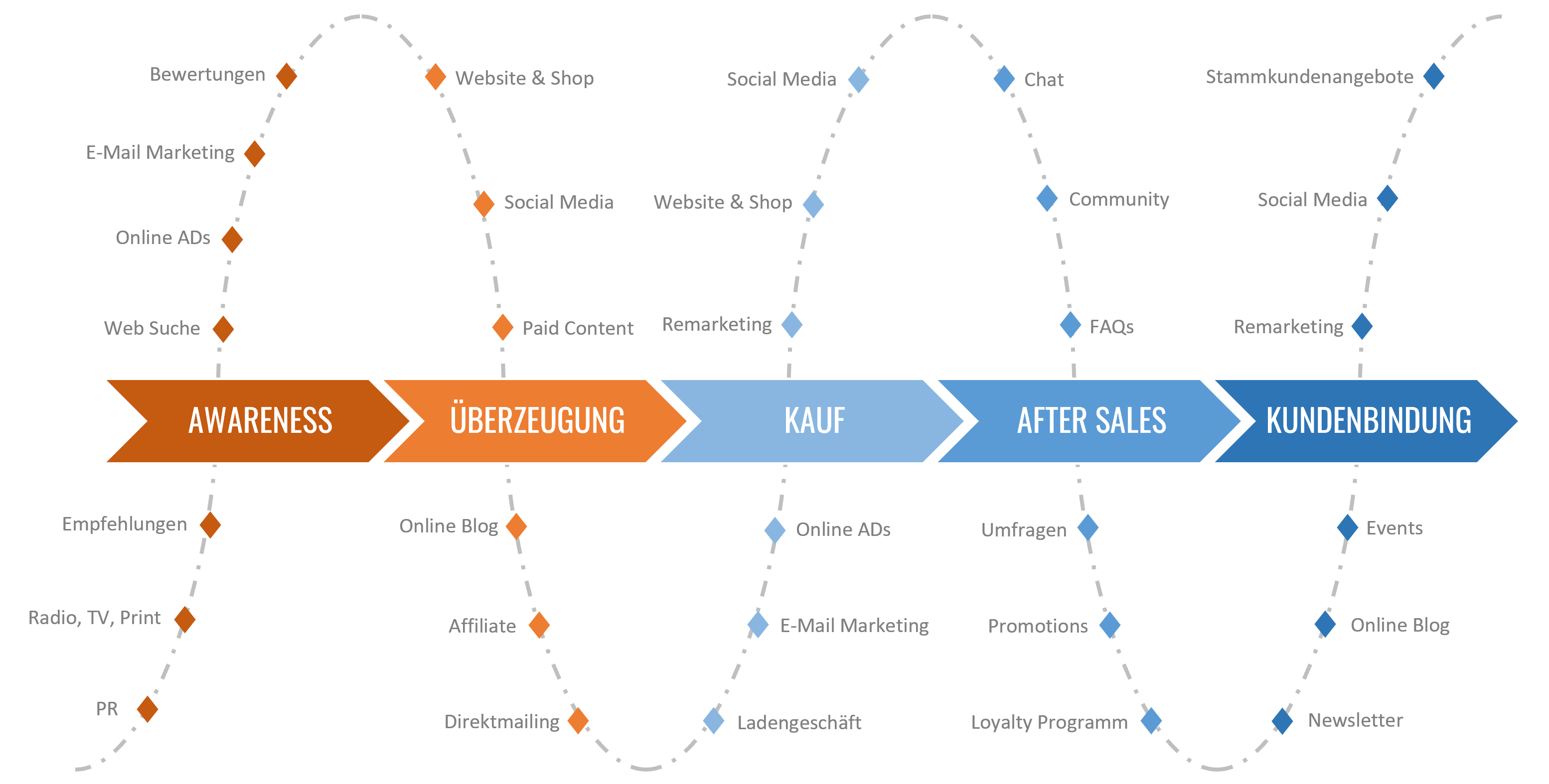Search engine optimization for B2B niche products
Suppliers of niche products are faced with the challenge of optimally placing very specialized and, above all, explanation-requiring products in the search engine. With the help of effective SEO strategies and the knowledge of some specifics from the field of "SEO for B2B", visibility for niche products or services can be generated in a very targeted way.
There are no ranking factors, special algorithms or recommended optimizations for B2B websites that differ from best practices in B2C business.
Google is made or users not for websites - this is exactly where we come in!
SEO in the B2B environment - special features
2. Buyer Persona & Customer Journey
Know your target group! The exact analysis of your target group is of particular importance for an efficient B2B SEO strategy. The goal is to reach a small group of decision makers with precise content. The definition of a buyer persona helps to understand how the target group thinks, acts and most importantly, how they "Google".
What goals are being pursued? What problems are being researched?
Is it the person responsible in the company who is specifically looking for a solution to a problem or an employee with limited expertise?
Potential customers who do not yet even know that they need a product/service at all must also be reached.
These different needs must be aligned with each other. The more precisely we tailor our content to the right audience, the more likely we are to convey the right information and create the right momentum. Once we have a clean definition of our target audience and a buyer persona, we now need to research the appropriate keywords along the customer journey.

(Grafik: AKI-Kommunikation e.K.)
Often, only products / services are optimized for search engines - so-called transactional keywords. However, if this is a specific niche product that requires explanation, e.g. chemical additives, the target group should already be picked up during the problem research. An example of this would be "undesirable foaming in the production process". This is how we get to the informational content with a blog/advice character.
So we distinguish between:
Comprehensive content relevant to the target audience is a strong signal of expertise in the respective field and achieves a higher ranking in the search engine.
Don't forget the SEO basics:
B2B companies from niche areas can significantly improve their visibility on Google and thus continuously generate leads through search engine optimization.
However, in addition to the above-mentioned areas from the "vastness" of the SEO measures universe, the basics, such as technical SEO, backlink building as well as the user experience on the Digital Marketing should be ensured.
Article written by: AMD - 09.11.22
Copyright © 2026 AKI–Kommunikation e.K. | Webdesign MediaUp